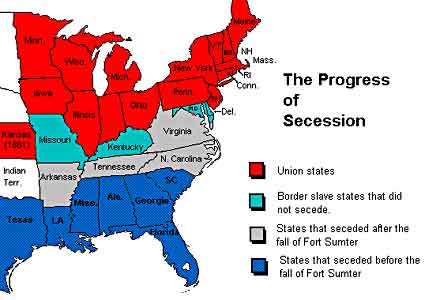I knew Walmart calls itself the home of one-stop shopping.
What I didn’t know is the major retailer and other big box stores have now
adding another branch to their repertoire of serves: banking.
Photo Credit: http://i.imgur.com/I5oNu.jpg
Of 618 US consumers poled in September, one in three would
consider a mortgage
from Walmart while one in two would consider obtaining one from PayPal. The
store has yet to offer mortgages but it does provide small business loans at
its Sam’s Club stores.
Rewind several
years to the onset of the 2007/2008 economic crisis. Since then banks have
limited the accessibility and availability of credit, especially that for new
lenders with no credit history or those will poor credit ratings. Moreover,
people have lost much of their faith in the big banks to be responsible
lenders. In rural areas where the number of banks is already few and far
between, the somehow omnipresent businesses (ie Walmart, Sam’s Club, Costco,
Home Depot, etc) realized they could fill the void by providing ATMs for check
deposits and cash withdrawals, life insurance policies, and handing out loans
for various individual ventures.
Walmart is the world's biggest retailer and the biggest company in terms of the number of its employees. It's a natural tendency of a company to look for an uncharted niche when expanding its services. Approximately eight cents of every dollar spent in the US stores is spent at Walmart.
Photo credit: http://www.onlinemarketing-trends.com/2011/02/size-of-walmart-statistics-and-trends.html#sthash.Qp153lp2.dpbs
In communities
with little or no access to a local bank, such banking functions provide locals
with the opportunity to access loans and funds in their own “neighborhood.”
People who may not have such access, whether they not be approved by the banks
to receive a loan or not reside close enough to one to go, can now get
financial assistance. The problem however is that these transactions are not
regulated by the same standards and rules that govern the practices of regular
banks. Even the prepaid cards are not backed by the FDIC. Furthermore, the
consumers’ long-term interests are not the concerns of Walmart, et al. For such
stores banking is a business venture intended to put more money into customers’
hands, which they then turn back to the stores at the cash register. It’s not
about them saving for retirement or for college; it’s “how else can I get them
to buy more?”
I see the
benefit of enabling more small business and homeowners to make investments. But
I don’t trust that the big box stores can be any more responsible than the banks.
Risky loans are still risky, no matter who doles out the original funds and how
high interest climbs. I also worry about such important financial transactions
taking place outside of federal oversight. Even though the fed dropped the ball
on preventing a housing boom and bust under Barney Frank, I still think that
federal oversight is necessary to protect the individuals as well as the
taxpayers. No way I will EVER bail out Walmart.























